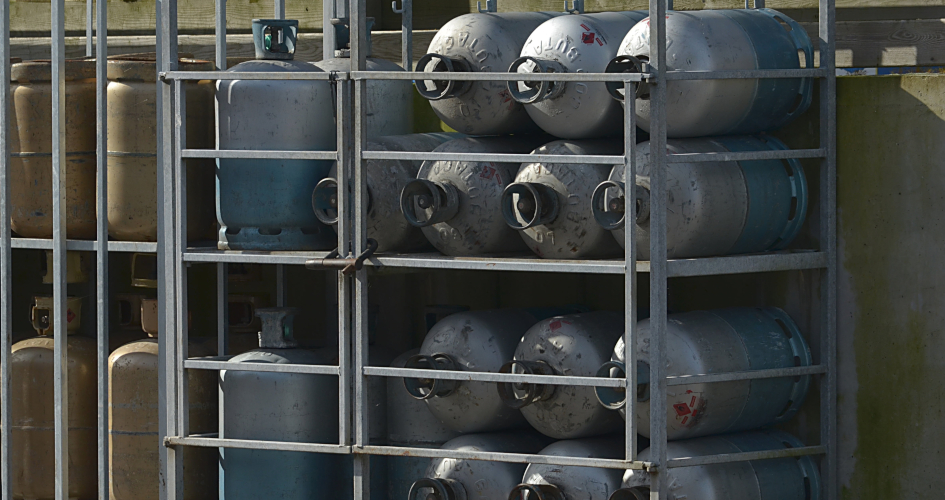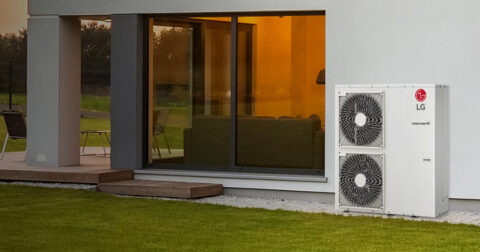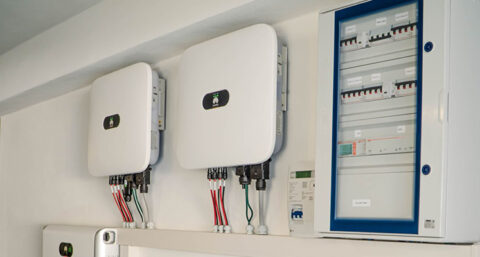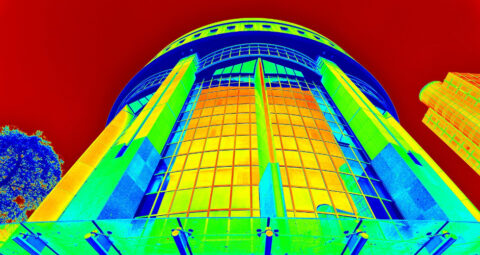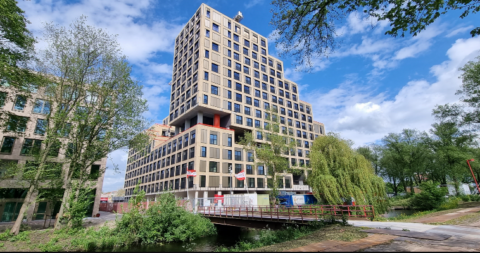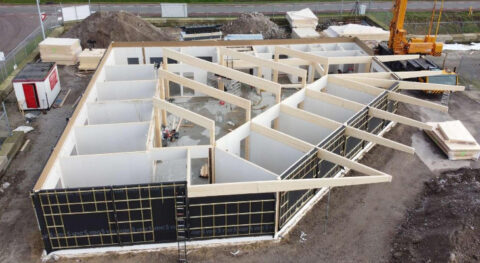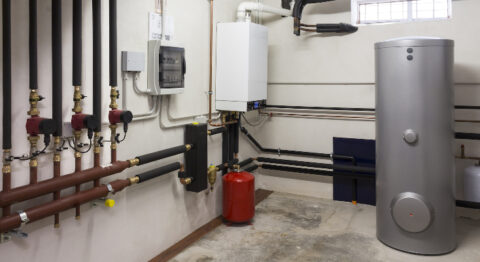Starting next year, heat pumps under 12 kW new to the market may no longer be filled with R410A, and from 2027, R32 will also be banned. Natural refrigerants will replace these synthetic ones. This is why propane is already being chosen more and more often. What are the advantages and disadvantages of this refrigerant?
Low GWP
Propane (R290) is a natural refrigerant that is fine for use in things like refrigeration systems and heat pumps. It does not damage the ozone layer and with a GWP of only three, its impact on the greenhouse effect and thus global warming is limited. Especially compared to F-gases that are currently still widely used. Also because the F-gas regulation is being tightened and F-gases are being phased out, propane is a welcome alternative.
Efficiency
The refrigerant propane has excellent energy efficiency, which means that less energy is required to reach and then maintain the desired temperature. Its thermal efficiency is high, which means that heat can be transferred well with this refrigerant.
Another advantage of propane is that it has a wide temperature range. This is the difference (range) between the minimum outside temperature at which a refrigerant is still usable (can absorb heat) and the maximum temperature that can be reached of, for example, tap water or heating water. Thus, a lot of heat can be transported in a short period of time.
Applicability
Because a heat pump with refrigerant propane is capable of heating water to high temperatures of about 75 degrees, often only the compressor is sufficient to provide domestic hot water. An additional heat coil is therefore not always necessary.
This high water temperature allows more households to switch to a heat pump, even if they are old homes. This is because the existing HTV radiators can remain in use and no major renovation is required first.
Only on exceptionally cold days may the central heating boiler have to step in, in the case of a hybrid heat pump. In addition, a home is brought up to temperature much faster and rooms do not necessarily need to be kept at a constant temperature, which is especially ideal for rooms that are not in constant use.
Insulation
That certainly does not change the fact that it still makes sense to get the insulation of those homes in order as soon as possible and switch to something like underfloor heating or LTV radiators. The temperature range of propane may be very wide, but it takes extra energy to achieve those higher temperatures. Therefore, the efficiency and efficiency of a heat pump increases once a lower temperature is also sufficient.
Combustible
We cannot ignore the fact that propane is flammable. Fortunately, especially in a monoblock heat pump, the risks are very limited because the propane is in a closed circuit. It is filled at the factory, so as an installer you do not have to handle propane yourself. With a monoblock, there are no pipes with propane refrigerant running in and out of the building, only water pipes.
Power
The allowable amount of propane in installations and the safety measures to be taken in areas such as placement, ventilation, leak detection and fire detection or fire suppression, vary by application area. For example, for monoblock heat pumps located outdoors, a larger amount of propane is allowed than if the installation is indoors. The challenge for manufacturers with this is to design a propane heat pump of sufficient capacity.

